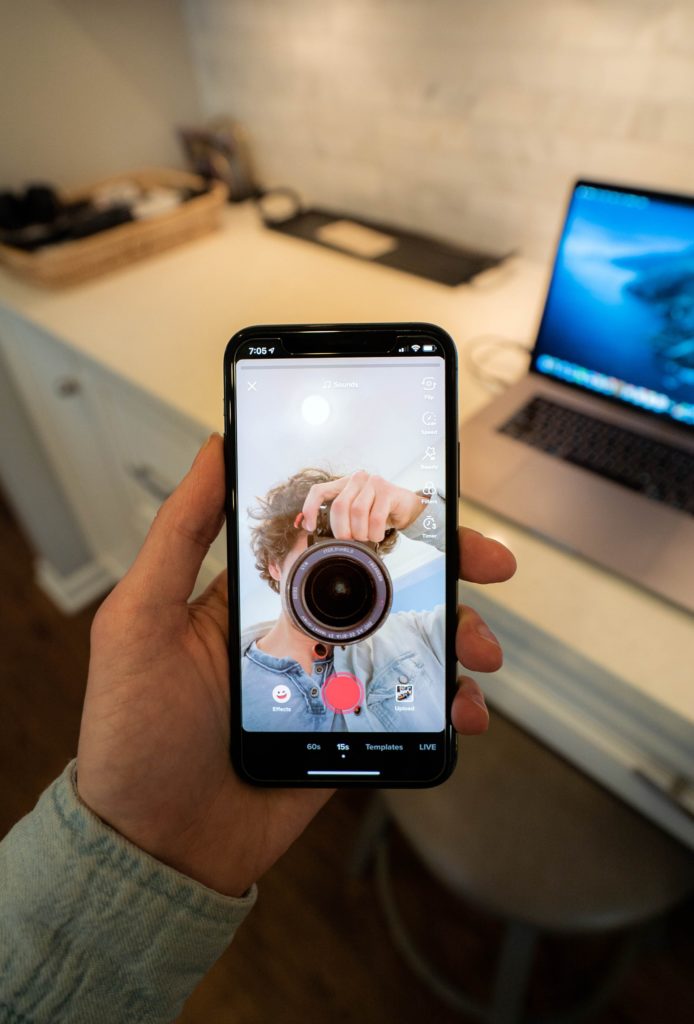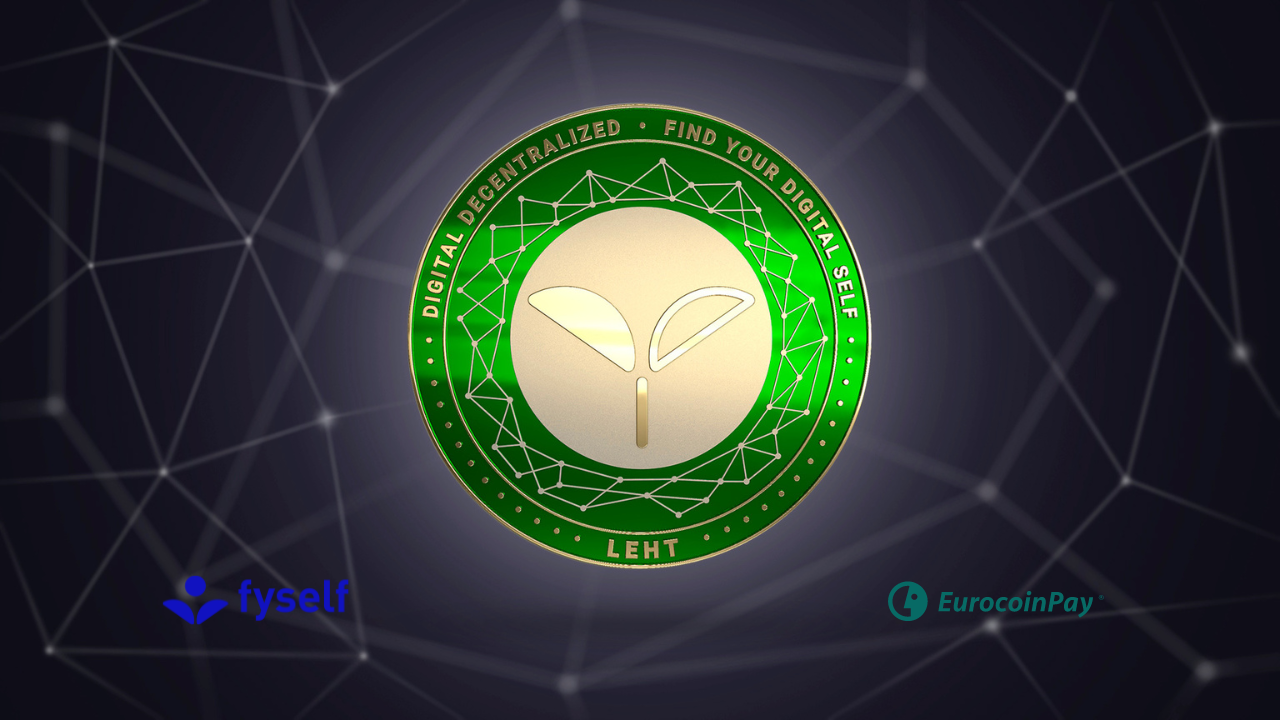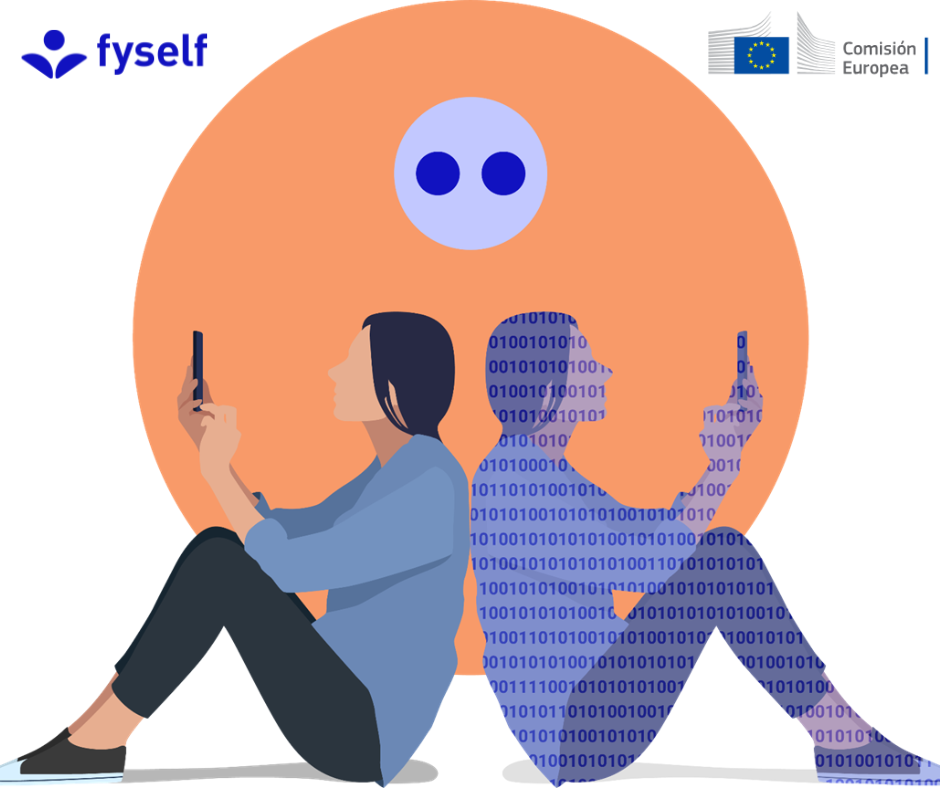TikTok, digital identity and other controversies
The last couple of years have crowned TikTok as the trending social network. Chinese platform for sharing videos has become one of the entertainments of the global quarantine by COVID19. In this popular network, the issue of digital identity is still pending.
To the date, the app is available in 150 countries and 75 languages. Among the leading download nations are India – its first market – and the United States. The average age of its 800 million users ranges from 16 to 24 years. With these figures it is easy to see that TikTok hooks… a lot.
What is TikTok?
The origins of Tik Tok go back to the Chinese company ByteDance, creator of the Douyin social network, which in Chinese means shaking music. This application, developed in 200 days, was published in September 2016.
In November 2017, ByteDance acquired Musical.ly for $ 1 billion. From the merger of the two networks, TikTok for the world brought to the world. Meanwhile, in China, Douyin remains alive and complies with the Communist Party’s content restrictions.
TikTok is today a sign of the rapid growth of Chinese technology companies. The application last year alone reported more than 750 million downloads, according to data from the consultancy Sensor Tower. With those figures, its supremacy in several tens of millions compared to other popular networks, such as Facebook, Instagram and YouTube becomes evident.
What can I do on TikTok?
The platform allows you to create and share videos of up to 60 seconds. Music videos of different genres are very popular, starring the users themselves, who can sing or play an instrument. Tiktokers spend an average of 52 minutes daily on the application, according to BusinessofApps figures.
TikTok also allows its users to make challenges and use hashtags, as well as make mentions or reply to other users and replicate videos. For that reason, many experts allege that it is the evolution of Snapchat’s stories, which later Instagram and Facebook also introduced.

Security flaws on TikTok
However at TikTok not everything has gone to the same rhythm of his so popular videos. The social network has raised alarms regarding security and data protection issues. But that is quite a cliche when talking about social networks, where your digital identity is exposed most of the time.
A study by the cybersecurity multinational Check Point revealed that the social network reports «multiple critical vulnerabilities in the security of its users’ data.»
“Social media applications are very susceptible, as they provide a good source of private data and open a door for cyberattacks. Cybercriminals are investing large amounts of money and making a lot of effort to break through such massive applications. However, most users assume they are using a safe app.”
Oded Vanunu, Head of Check Point Product Vulnerability Research
Hackers could manipulate user data as well as access personal information stored by TikTok accounts. In addition, the investigation did report «that the Tiktok subdomain (https://ads.tiktok.com) is vulnerable to XSS attacks.»
Regarding the solution of the errors in the latest version, Luke Deshotels, a member of the app’s security team, stated that «Tik Tok is committed to protecting user data».
Who am I? Digital Identity on Tik Tok
TikTok has been in these times of quarantine the space of recreation of millions of people in the world. It had been long before, but the preventive closure associated with the coronavirus has oversized its capacity. Now, what kind of identity do we show on TikTok? How much do those profiles says of who we are?

Undoubtedly, networks are a place of interaction and exchange with other homologous subjects. Building your own identity in that space undoubtedly goes through the platform’s own dynamics. An element to take into account is that everything that is published will stay for indefinite time and make up our profile.
A free and very creative digital identity builds itself in this space. Those who make a fool of themselves in a challenge are welcome; those who sing out of tune in the shower, are welcome as well.
It is necessary to take into account that the originality in the presentation of the contents will influence the levels of acceptance with other users, which marks the construction of the individual self that is in the network.
Unifying our playful identity with more serious facets of who we are is one of the great challenges of Social Media. The creation of a platform that manages all your data online and provides multiple functionalities, from having fun with your friends to updating your driving license is the purpose of the social identity network that is on the way.
Artículos relacionados


